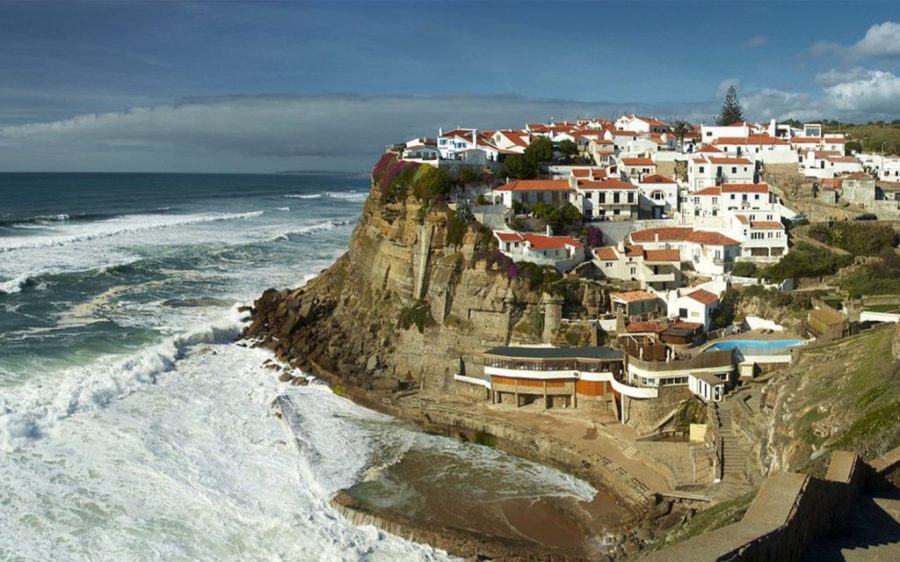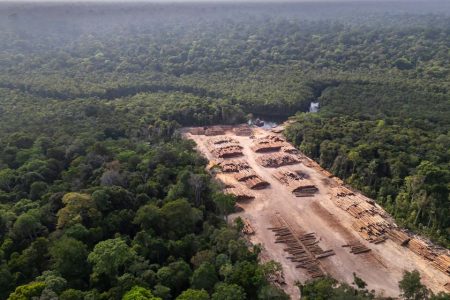Five Portuguese-speaking countries – Portugal, Mozambique, Angola, Cabo Verde and Brazil – have proposals under consideration with the UN for the extension of their continental shelves, according to reports.
Each country has a default territorial band of 200 nautical miles (370 kilometres) from the coast, extending state sovereignty over marine resources, the seabed and subsoil.
This offshore territory comes with rights for exploration, exploitation, conservation and management of resources, as well as the construction of infrastructure such as artificial islands, pipelines and drilling platforms.
The establishment of default territorial limits is provided for in the United Nations Convention on the Law of the Sea, and countries must make their case to a UN evaluation committee for extensions beyond this limit.
[See more: Lawmakers pass coastal waters framework bill]
Brazil is considered one of the “pioneers” in submitting proposals, hydrographer Aldino Campos explained, and is experiencing “very satisfactory results” in processing its request.
Angola, Mozambique and Cabo Verde are still “in the waiting phase” of the process, which can be lengthy. Portugal, for example, first submitted its proposal in 2009, the subcommittee to evaluate the request was formed in 2017, and six years later it is only halfway through its deliberations.
“It is difficult to assess the outcome,” Campos said.
Among other lusophone nations, São Tomé and Príncipe have not submitted a proposal, while Timor-Lesté is not able to do so without encroaching on the marine borders of its neighbours.






